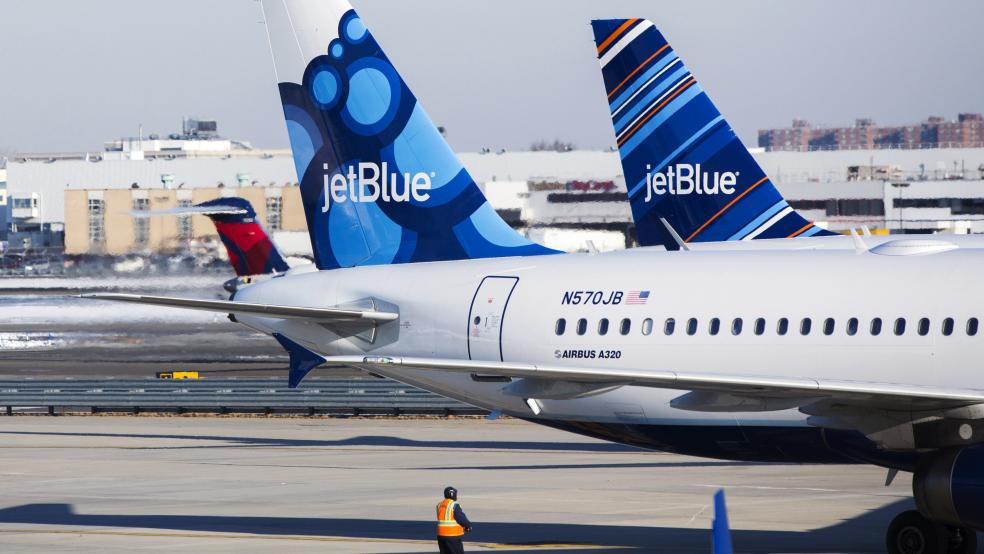The House this week is set to take up the $105 billion bill passed by the Senate late on Thursday that would reauthorize the Federal Aviation Administration and the National Transportation Safety Board for another five years.
Following the passage of a short-term extension last week, which headed off the potential furlough of more than 3,000 federal employees over the weekend, lawmakers face a new deadline of midnight Friday this week.
The bill would make it easier for customers to get refunds from airlines when flights are delayed or canceled. It also includes a controversial provision that would increase the number of landing slots at Ronald Reagan Washington National Airport, which is opposed by some Washington-area Democrats but supported by many Republicans. The bill is expected to come to a vote under suspension of the rules, requiring a two-thirds majority to pass.
Here are some of the key provisions of the FAA Reauthorization Act of 2024:
* $66.7 billion for FAA operations, including safety programs and training and hiring of more air traffic controllers;
* $17.8 billion for FAA facilities and equipment, including modernization of equipment and technologies;
* $19.35 billion for FAA airport infrastructure improvements, to be distributed through grants to the nation’s more than 3,300 airports;
* $1.59 billion for FAA research, engineering and development;
* $738 million to the NTSB;
* Requires voice cockpit recorders to cover a 25-hour period, up from the current 2 hours;
* Establishes right to refunds, applying to domestic flights after a 3-hour delay and international flights after a 6-hour delay;
* Establishes minimum duration for flight credits, which must be valid for at least 5 years from issuance;
* Prohibits fees for family seating, allowing families to select contiguous seats without charge;
* Requires clear standards for reimbursement of expenses when flights are delayed or canceled.
After it passed the upper chamber, Democratic Sen. Maria Cantwell of Washington, who leads the Commerce Committee, celebrated the complex bill. “This is a big moment for aviation,” she said. “We have had safety issues and concerns that we need to make a big investment. This legislation is that investment — in safety standards, in protecting consumers and advancing a work force and technology that will allow the United States to be the gold standard in aviation.”
Budget
House to Take Up $105 Billion FAA Reauthorization Bill

LUCAS JACKSON



